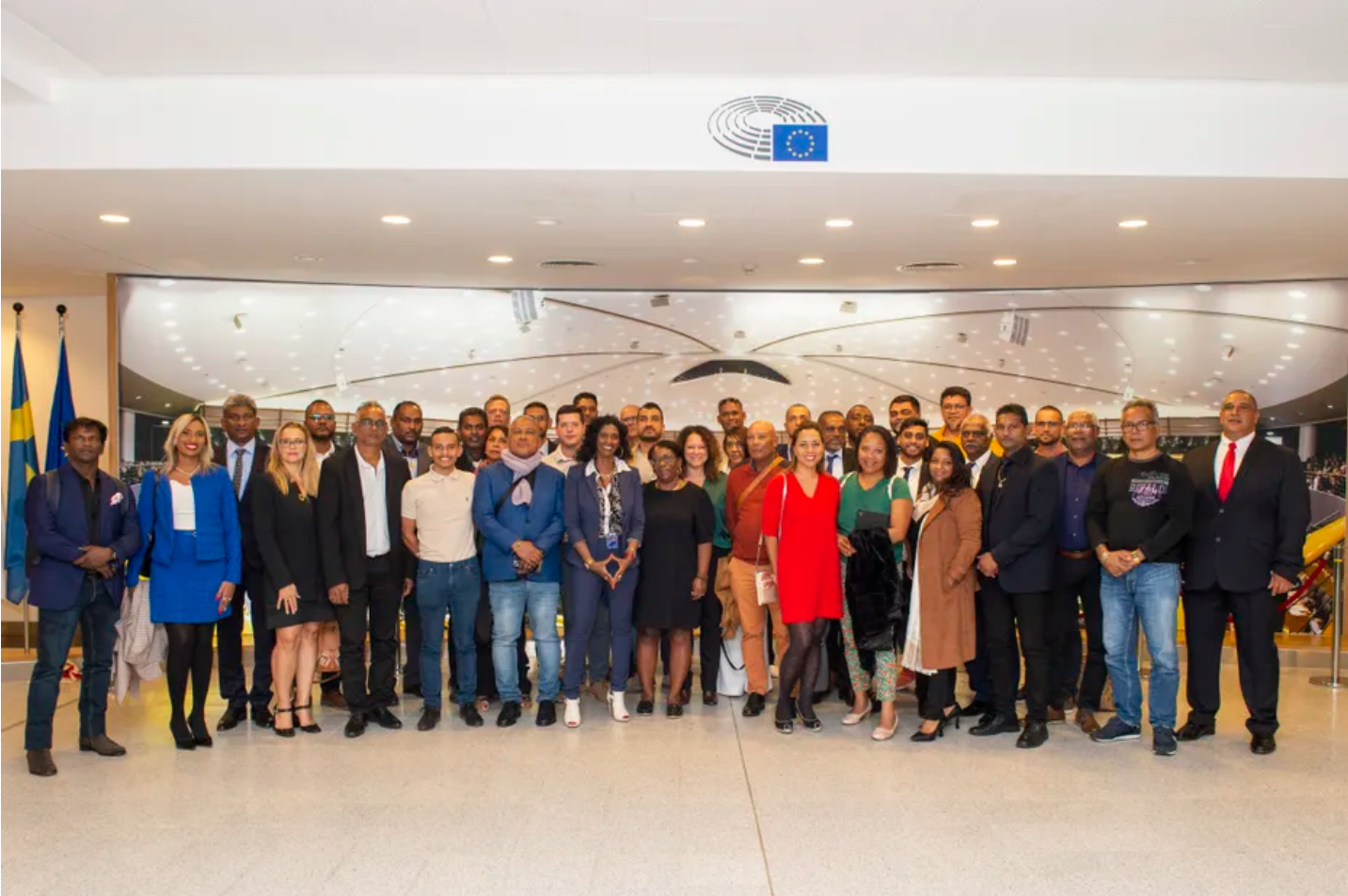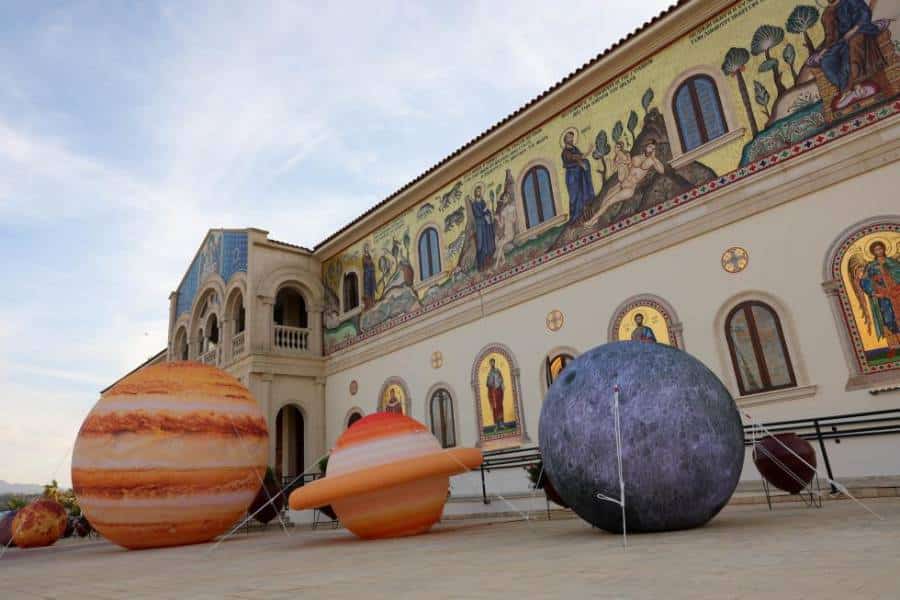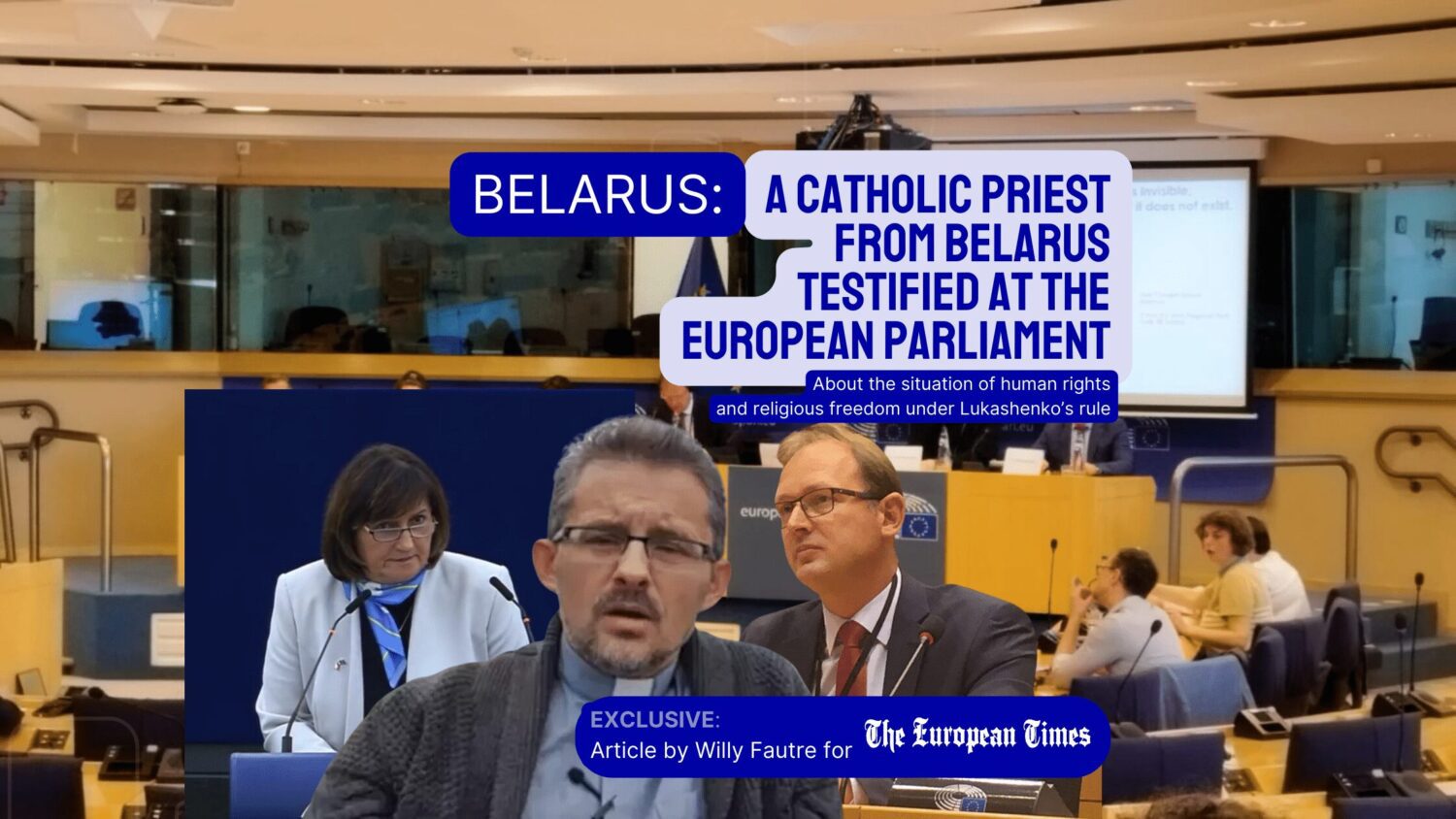Just one week following her visit to Réunion, Maxette Pirbakas, a non-attached Member of the European Parliament representing Overseas France, extended a warm invitation to local decision-makers and influential figures from Réunion to join her at the European Parliament in Brussels on June 2, 2023. The primary objective of this gathering was to foster a deeper understanding of the prevailing issues and challenges within the European Union.
Commencing at 11 a.m., the day commenced with a comprehensive introduction to European institutions for the 40 Réunion visitors. They were greeted by Maxette Pirbakas, an MP and the current president of Rassemblement Pour la France (RPFOM), a neo-Gaullist party with a strong focus on overseas France.
The delegation comprised various professionals, including entrepreneurs, farmers, educators, and association leaders, who were initially briefed by a representative from the European Parliament to gain insights into the institution’s operations.
Activity Highlights
Maxette Pirbakas, drawing inspiration from her recent visit to Réunion, passionately addressed her visitors, shedding light on her ongoing efforts both on the ground and within the parliamentary chamber. Her endeavours primarily revolved around ensuring the recognition and respect of the distinctive attributes of the five overseas departments, commonly referred to as “outermost regions,” and governed by Article 349 of the Treaty on the Functioning of the European Union.
During the engaging discussions, a range of topical issues emerged, including the imminent reform of dock dues, as highlighted by Minister Bruno Le Maire. Maxette Pirbakas also revisited key legislative matters, notably the Programme d’Options Spécifiques à l’Éloignement et à l’Insularité (POSEI – Programme of Options Specific to Remoteness and Insularity). Together with fellow elected representatives from French overseas departments and territories, they successfully secured its full continuation until 2020.
The conversation extended to encompass export taxes, with entrepreneur Bourbon Palto sharing his experiences regarding import and export levies, both on island departures and arrivals. He articulated his vision, stating, “Mauritians have managed the feat of signing a trade agreement with France and Europe to exempt all exports of products processed on their island from customs duties. I’d like you to see if all the French overseas departments and outermost regions can benefit from this EUR1 form so that we can be exempt from customs duties and feel a little more European, or even French.” Bourbon Palto, Reunionese entrepreneur in trade.
Having been a member of the Regional Development Committee (REGI) since 2019, Maxette Pirbakas elaborated on the committee’s goals and initiatives, which centre around cohesion policy. REGI dedicates ERDF funds to innovation, research, digital technology, and support for small and medium-sized enterprises (SMEs), all aimed at bridging the development gap between less-favored and more-favored regions.
Supporting Beekeepers
Maxette Pirbakas made a significant announcement during the discussions, revealing her forthcoming speech in the Parliament on behalf of Réunion’s beekeepers who are grappling with the threat posed by a small beetle devastating their hives and bee colonies. As a farmer herself, she empathized with the challenges faced by agriculture professionals and emphasized that the beekeepers’ predicament is just one instance reflecting the wider issues encountered by farmers across Europe.
Enhancing Understanding of Critical Issues
Following a communal lunch within the Parliament premises, Ms. Pirbakas guided the group to the Parliamentarium. During this visit, participants delved deeper into European history, pivotal milestones in European integration, and the daily activities of MEPs dedicated to serving the interests of the EU’s 450 million citizens, including 5 million residing in French, Portuguese, or Spanish ‘outermost regions’.
This meeting served as an invaluable opportunity for business leaders and association presidents to gain a deeper understanding of the critical issues and challenges confronting the European Union.














